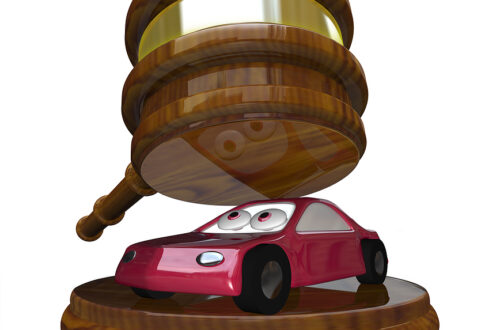Oftentimes people take out loans to pay off credit cards or other financial obligations and end up deeper in debt. However, there is a way to use debt consolidation loans successfully.
Emilie Burke of Raeford, North Carolina used a $6,000 personal loan from online lender Upstart to pay off some of the $13,600 credit card debt she incurred as a student. Since taking out the loan last November, she has paid down the balance to $4,500 and reduced her remaining credit card debt to $2,500. She also used balance transfer offers with a zero percent annual rate to lower her credit card interest rates and speed up her debt payoff.
Burke sought help from a financial planner at LearnVest, an online advice site. She then dedicated her earnings from a side job to pay down her debts. She also stopped carrying credit cards altogether. “I figured I couldn’t go back into debt if I didn’t have my cards,” Burke posted on her blog about her journey out of debt.
Five Steps to Successful Debt Consolidation
- Objectively assess your situation. If your debts equal more than half of your income, consider consulting a bankruptcy attorney. You are unlikely to be able to pay off your debts within five years, which is typically the longest period you would be forced to do so under a Chapter 13 bankruptcy repayment. If your debt is unmanageable, consider filing Chapter 7 bankruptcy, which erases consumer debt within three to four months.
- Avoid high-cost loans. Calculate the total cost of the loan. Add up the monthly payments times the number of payments, plus any other fees. Then compare that number with what you are paying now. Avoid lenders who offer low payments but sky-high interest rates and long terms that will keep you in debt longer. Credit unions tend to offer the best rates and terms on personal loans.
- Opt for the shortest possible loan. Choosing the shortest loan will minimize the interest that you will pay. Only use a loan with terms up to three years, if possible. Five years is the maximum you should consider.
- Look for direct payment of creditors. If possible, use a lender that will pay your credit card company directly. This will remove the temptation to use borrowed funds for another purpose.
- Consider closing your cards. Although this can hurt your credit score, going into further debt can impact your score much worse. According to financial experts, people who closed their accounts were more likely to pay off their debts, regardless of the dollar amount, than those who left them open.
Click here to read more on this story.
If you are in financial crisis and considering filing for bankruptcy, contact an experienced Miami bankruptcy attorney who can advise you of all of your options. As an experienced CPA as well as a proven bankruptcy lawyer, Timothy Kingcade knows how to help clients take full advantage of the bankruptcy laws to protect their assets and get successful results. Since 1996 Kingcade & Garcia, P.A. has been helping people from all walks of life build a better tomorrow. Our attorneys’ help thousands of people every year take advantage of their rights under bankruptcy protection to restart, rebuild and recover. The day you hire our firm, we will contact your creditors to stop the harassment. You can also find useful consumer information on the Kingcade & Garcia website at www.miamibankruptcy.com.

